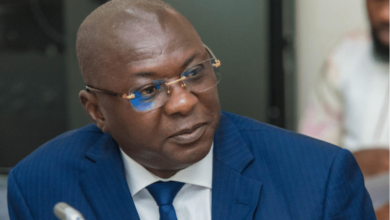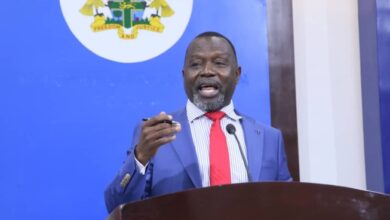Pressure mounts on govt to declare state of emergency

Calls for a decisive government response to Ghana’s deepening galamsey crisis have reached a new peak, with civil society, religious leaders, and farmer groups urging President John Dramani Mahama declare a state of emergency.
According to IMANI’s Criticality Analysis of Governance and Economic Issues, the pressure now stems from a convergence of environmental, moral, and security concerns.
The Catholic Bishops Conference, advocacy coalitions, and farming associations argue that illegal mining has moved beyond a regulatory challenge to a constitutional crisis threatening life, water, and livelihoods.
They frame galamsey not merely as an ecological disaster but also a moral failing and national security risk.
Reports of collapsing food systems, polluted rivers, and resource diversions have intensified their demand for extraordinary powers under Article 31 of the Constitution.
IMANI notes that a state of emergency could allow the executive to rapidly redeploy security resources, suspend bureaucratic bottlenecks, and impose strict curfews in hotspot communities.
Beyond enforcement, such a declaration would also serve symbolic functions; “It elevates galamsey from a policy problem to a national crisis,” the analysis argues, “and creates political space to dismantle entrenched patronage networks.”
However, the Presidency remains cautious.
Officials insist that reforms already underway from stricter excavator import controls to mandatory site rehabilitation and ESG clauses offer enough scope to tackle galamsey without suspending civil liberties.
The administration fears that emergency powers, while effective in the short term, could fuel accusations of overreach or selective enforcement if not carefully managed.
IMANI concludes that civil society’s growing urgency reflects the scale of the ecological and human costs.
Whether the Presidency embraces extraordinary measures or not, the political stakes are high; failure to act decisively risks legitimising public perceptions of state complicity in the crisis.





